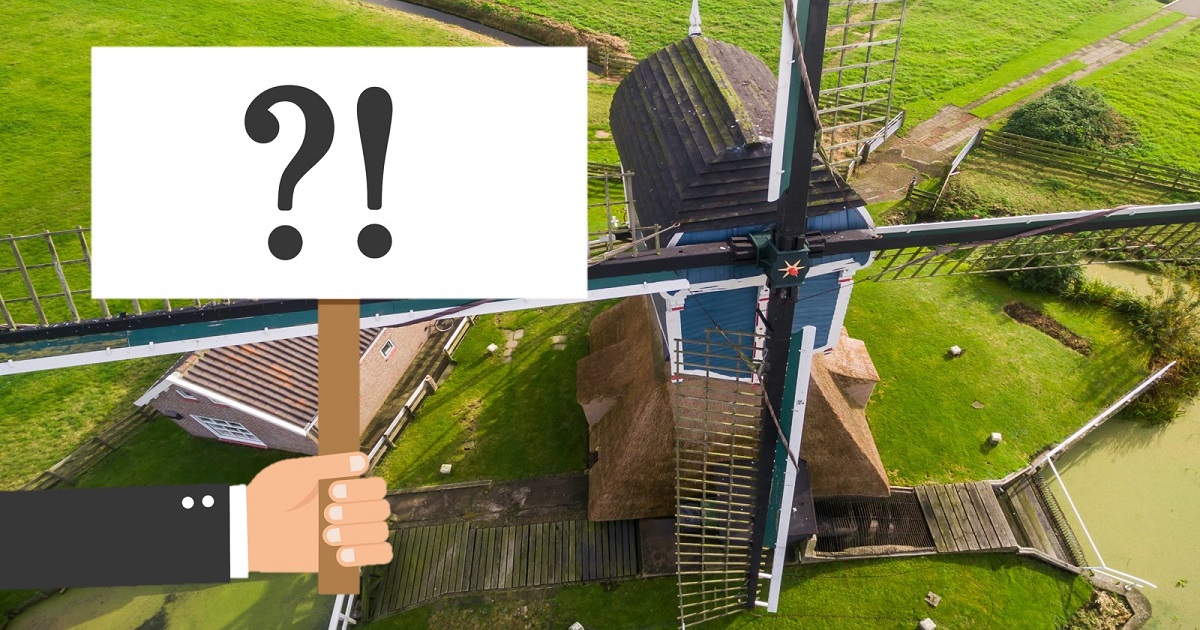English? German? French? – Are these words Dutch?!
When you’re learning Dutch, you might find yourself in confusing situations. What will happen when you learn Dutch in the Netherlands:
You don’t speak perfect Dutch and a lot of the Dutch don’t speak perfect English. Words get mixed up and confused.
What doesn’t help here and what makes it more difficult is that there are many words in Dutch that are similar to English, and actually there are many English loan words.
English loan words are words that originate from English and that the Dutch have come to regard as their own. Sometimes we have completely changed them, ‘Dutched’ them, and you can’t even see that they once came from another language.
English words in Dutch
Let’s take a look at these two Dutch sentences:
- De hooligans eten junkfood op de mountainbike.
- Op het dashboard is een sticker van een salesmanager in een entertainment outfit.
English translation is:
- The hooligans eat junk food on mountain bikes.
- On the dashboard is a sticker of a sales manager in an entertainment outfit.
But were the English translations necessary?
Maybe these are strange sentences (I mean, a hooligan on a mountain bike?!), but they demonstrate that English loan words are everywhere in Dutch. And these are not just words for showing off. It would sound strange to find Dutch translations for these words.
- placemat
- callcenter
- copywriter
- cover
- dashboard
- talkshow
In the list I didn’t even mention the Dutch verbs that have an English origin. For example
- Ik ben met mijn zus aan het skypen. (I am skyping my sister.)
- Zullen we mariokarten? (Do you want to play mariokart?)
- Ik kon niet stoppen met netflixen, ik ben de hele avond gebingwatcht. (I couldn’t stop watching Netflix, I binge watched all evening.)
It can go wrong
In Dutch culture there are some famous examples of misunderstandings because of the errors Dutch people made in speaking. For example with politicians.
During a meeting with John F. Kennedy, the Dutch Minister of Foreign Affairs was asked about his hobbies.
- He said: “I fok horses”.
- Kennedy, who was very surprised (of course), asked: “Pardon?”
- Luns replied “Yes, paarden!”
The confusion comes from the Dutch words ‘fokken’, which means to breed and ‘paarden’ which means horses.
Not only might you get confused by all those English terms, mixed into your Dutch conversation. Be prepared for another great influence on Dutch.
French is a BIG influence on Dutch
It might come as a surprise to you but most foreign words in Dutch are from… France!
If you look in the Dutch dictionary you can find that almost half of the words in Dutch (!) have a French origin. They used to be French loanwords.
These French loan words are quite common: most of them were used before 1950, and now they have gained a permanent place in Dutch. Some examples:
- accessoire (accessory)
- portemonnee (wallet)
- cheque (cheque)
- garage (garage)
- vaccin (vaccine)
- contant (cash)
- lingerie (underwear)
- paraplu (umbrella)
- conducteur (train driver)
Besides English and French there are other languages that have had their influence on the Dutch language.
Loan words from Germany and Italy
From the German language there are words that have found their way into Dutch like:
- überhaupt (at all)
- sowieso (anyway)
- heimwee (homesickness)
- streber (over ambitious person)
And don’t forget the Italians with their words that, of course, relate to food
- spaghetti
- prosecco
- macaroni
But also smaller words like
- bankroet (bankrupt)
- ciao (bye)
- fiasco (failure)
- basta (That’s final! Stop!)

Bart de Pau
online Dutch teacher & founder of the Dutch Summer School & Dutch Winter School



